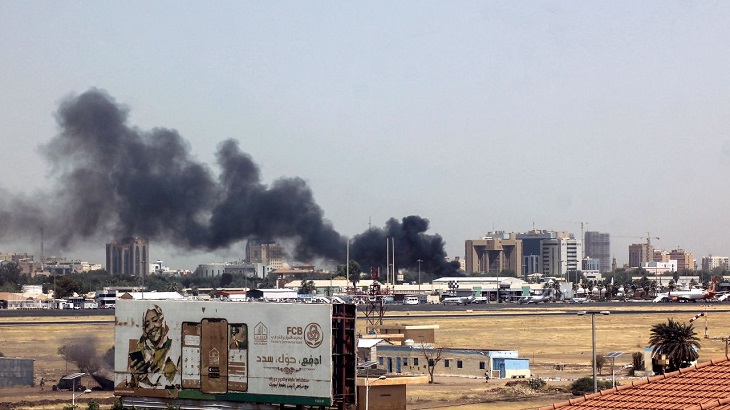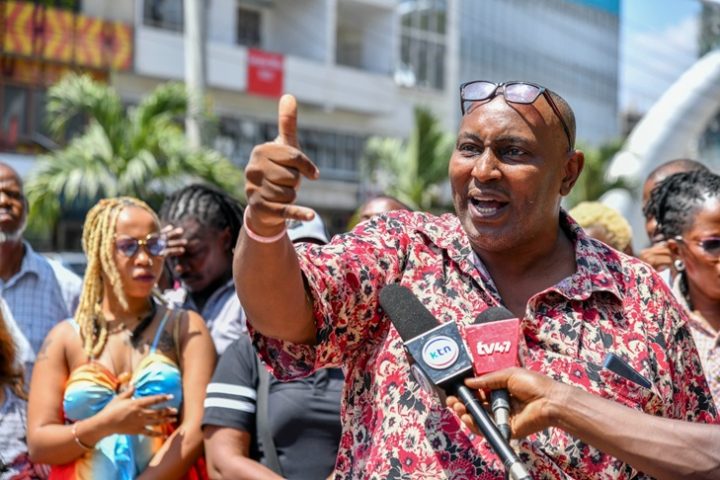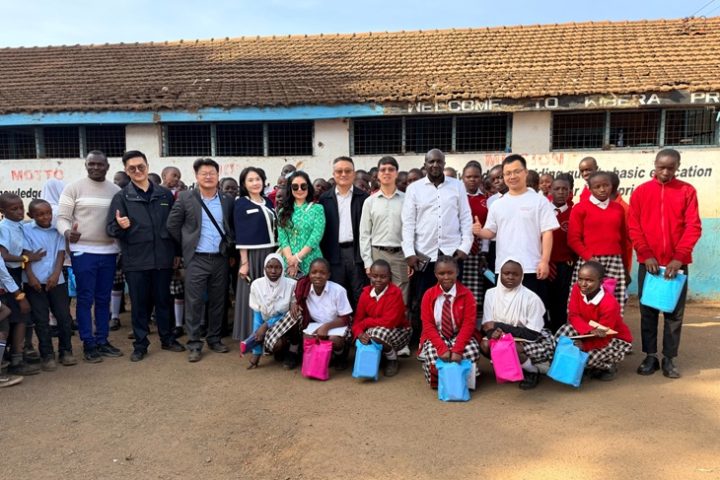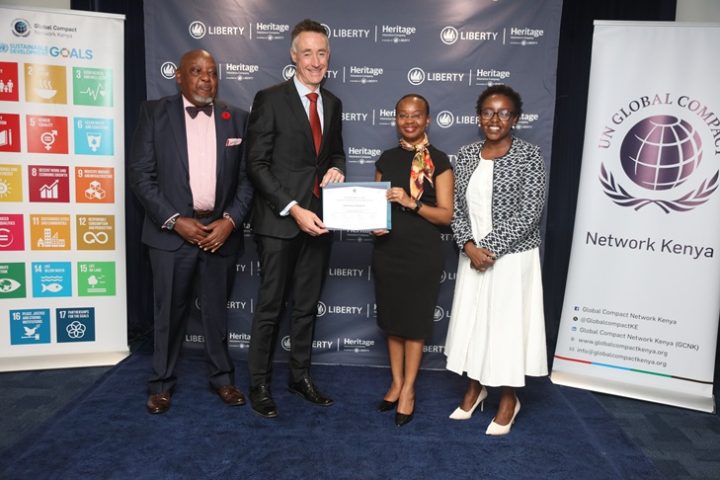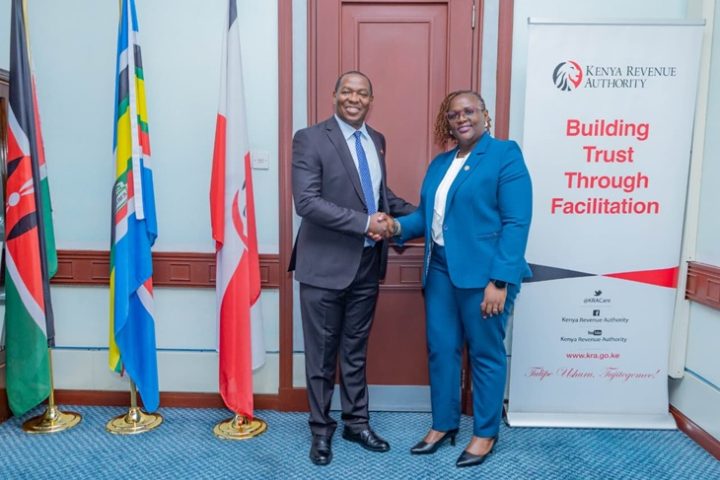Since mid-April, Sudan’s military has been locked in a grisly battle with the powerful Sudanese paramilitary group, the Rapid Support Forces (RSF).
Sudan’s army chief Abdul Fattah al-Burhan has largely waged his offensive from the sky, aerially bombarding RSF positions in residential areas and inflicting a civilian death toll.
Meanwhile, RSF chief Mohamed Hamdan Dagalo (also known as Hemedti) has strengthened his tactical military positions by driving civilians out of their properties and employing the well-worn playbook developed in the western Sudanese region of Darfur: Kill, terrorize, and expel.
This region is the site of what has been widely described as the 21st century’s first genocide, with largely Arab militias systematically killing non-Arab African groups who make up the majority of the local population.
A new CNN investigation led by Chief International Investigative Correspondent Nima Elbagir presents a growing body of evidence, including first-hand accounts, expert testimony, and verified social media video, suggesting that the RSF has revived those tactics in Darfur, and exported them to other parts of Sudan as it fights a war with the country’s military.
A near shutdown in telecommunications in Darfur means that most of the information about the violence now playing out there has trickled out through newly arrived refugees.
Reports of atrocities committed by RSF fighters and their allied militias, clearly identified by their uniforms, are consistent across dozens of testimonies. They include arbitrary killings, the wholesale destruction of vital civilian infrastructure, the looting of homes and hospitals, and even mass rapes.
“I saw the aftermath of torched internally displaced people (IDP) centers and witnessed the RSF raiding residences,” said Hussein Haran, a human rights activist who was in the Darfur city of el-Fasher when the fighting broke out before fleeing to Geneina, another city in the region, and then to Chad.
“Even the hospitals were looted. At Geneina’s research hospital, they stole the blood bank, and they spilled the blood all over the street,” Haran, who works at the Strategic Initiative for Women in the Horn of Africa, told CNN.
“The only way I can explain this is that they didn’t want to leave a drop of blood for the ethnic Africans [who claim no Arab ancestry] being treated at the hospital. This is an ethnic cleansing project,” he added.
Some claims are nearly impossible to verify during active fighting, but satellite imagery from the area paints a clear picture. At least three cities and 10 towns and villages in Darfur have been partially burned to the ground in the past month alone.
At least one food market in Geneina, which hosts more than 100,000 people internally displaced by violence over the last two decades, has been torched. A school-turned-IDP center was also set alight in the city, according to satellite photographs.
Another characteristic of the ethnic cleansing in Darfur in the early 2000s was mass rapes, extensively documented by experts and rights groups. According to witness testimony, that brutal tactic is back in full force.
Dozens of incidents of sexual assault, including gang rapes and the assault of female minors, have been confirmed by non-profit groups and experts since the start of the latest conflict. Most of these occurred in Darfur. The United Nations says it has received reports of sexual assault on humanitarian workers in the region.
But Sudanese activists claim that the assaults are much more widespread.
Rapes are also being reported in the capital, where the RSF has repeatedly commandeered people’s homes, expelling the residents and looting their belongings, while combating air attacks by the Sudanese military.
In a video obtained and verified by CNN, one fighter is seen raping a woman in the front yard of a Khartoum home while another, wearing an RSF uniform, stands outside keeping watch.
“For the people that say there is no rape, this is rape,” says the person surreptitiously recording the video from across the street. “This is happening in public, on a main street, and with total audacity and insolence.”
The interest, influence, and material support of Russia’s notorious paramilitary group Wagner in the region is also exacerbating the violence, CNN has found.
According to intelligence officials, eyewitnesses at key transit points, and CNN’s open-source analysis, Wagner has been arming the RSF using supply routes that run through the Darfur region.
CNN’s investigation uncovered an increase in Wagner supplies to the RSF that began in the run-up to Sudan’s conflict. Armaments appear to have been shuttled into Sudan through key transit points: Russia’s air and naval base in the Syrian coastal region of Latakia, Wagner bases in Libya, and Bangui airport in the Central African Republic.
The weapons were also transported into Sudan through overland routes, extending a robust relationship that predated the war.


